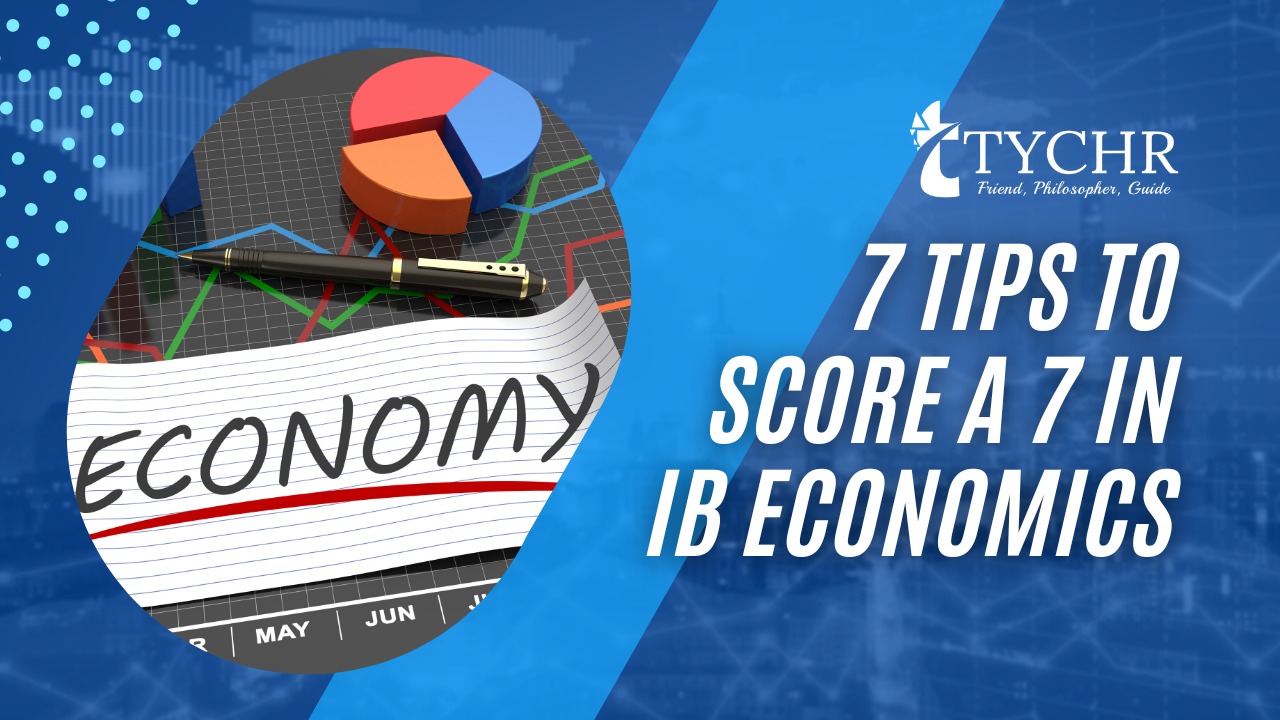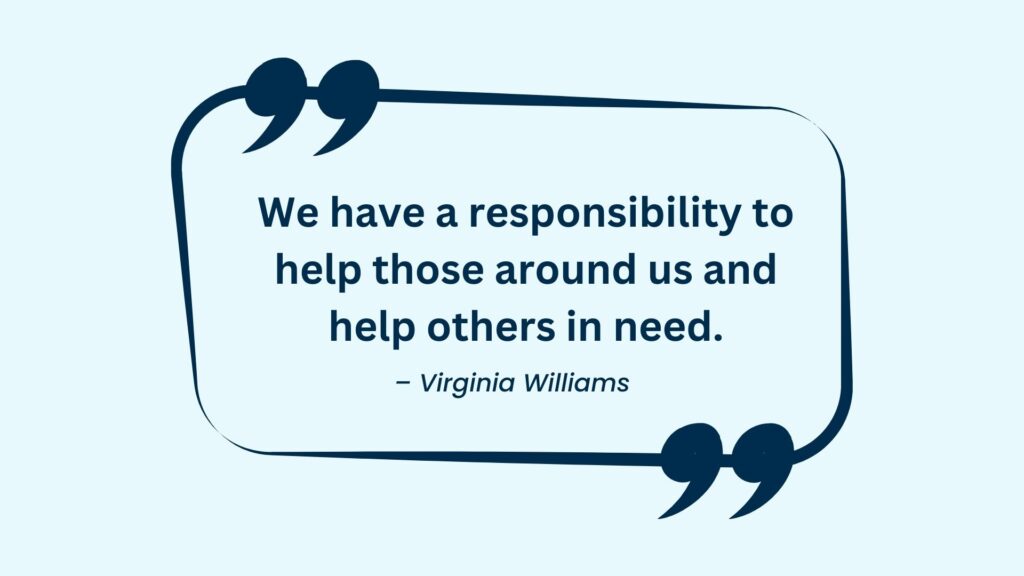Table of Contents
As a former IB Economics student, scoring a 7 in the exam felt like an insurmountable challenge. However, with the right mindset, approach, and effort, it became possible to achieve the highest possible grade. IB Economics is a challenging course that requires critical thinking and analytical skills. Scoring a 7, which is the highest possible grade, requires a deep understanding of the subject matter and the ability to apply economic principles to real-world situations. Here are seven tips that helped me score a 7 in IB Economics.
1. Understand the Syllabus and Exam Format
The first step to scoring a 7 in IB Economics is to understand the syllabus and the exam format. The IB Economics syllabus consists of four main topics: Microeconomics, Macroeconomics, International Economics, and Development Economics. Each topic is further divided into subtopics that cover the key concepts and theories. It is essential to have a clear understanding of the syllabus and the exam format before you start preparing for the exam.
The IB Economics exam consists of two papers: Paper 1, Paper 2 and Paper 3 (HL only). Paper 1 focuses on Microeconomics and Macroeconomics, while Paper 2 covers International Economics and Development Economics. Both papers are two hours long and consist of three sections. Section A consists of two short-answer questions, Section B consists of one data-response question, and Section C consists of one essay question. Paper 3 deals with qualitative questions. It is crucial to familiarize yourself with the exam format and the time allocation for each section to manage your time effectively during the exam.
2. Master the Key Concepts and Theories
The next step to scoring a 7 in IB Economics is to master the key concepts and theories. Economics is a subject that requires a deep understanding of the underlying principles and their applications. It is essential to read the textbook and understand the concepts and theories thoroughly. You should also practice solving problems and answering questions related to each concept and theory to reinforce your understanding.
Some of the key concepts and theories that you need to master include demand and supply, elasticity, market structures, inflation, unemployment, economic growth, balance of payments, exchange rates, and economic development. These concepts and theories are fundamental to understanding economics and are essential for answering exam questions.
3. Analyze Real-World Situations
Economics is not just a theoretical subject; it also has practical applications in the real world. To score a 7 in IB Economics, you need to be able to apply economic principles to real-world situations. You should read the news and analyze economic events to understand how economic principles are applied in the real world. You should also practice solving case studies and answering questions that require you to analyze real-world situations.
When analyzing real-world situations, you should use economic models and theories to explain the situation and its possible outcomes. You should also consider the assumptions and limitations of the models and theories and evaluate their applicability to the situation.
4. Develop Your Essay Writing Skills
The essay questions in the IB Economics exam require you to write well-structured and well-reasoned essays that demonstrate your understanding of the subject matter. To score a 7 in IB Economics, you need to develop your essay writing skills. You should practice writing essays that address different types of essay questions, such as discuss, evaluate, and analyze. You should also practice structuring your essays using a clear introduction, body, and conclusion.
When writing your essays, you should use economic terminology and concepts correctly and coherently. You should also use real-world examples to illustrate your points and demonstrate your understanding of the subject matter. It is also essential to write concisely and avoid unnecessary repetition or information.
5. Practice Solving Past Papers
One of the best ways to prepare for the IB Economics exam is to practice solving past papers. Past papers provide you with an understanding of the exam format and the types of questions that are asked in the exam. They also help you to identify your strengths and weaknesses in each topic and subtopic, allowing you to focus your revision on areas where you need more practice.
When practicing past papers, it is essential to simulate exam conditions as closely as possible. This means timing yourself, using only the materials allowed in the exam, and avoiding the use of external resources. After completing each paper, you should review your answers and identify areas where you could improve. I found it helpful to start with the earlier papers and work my way up to the more recent ones. This allowed me to see how the exam format has evolved over time and to identify any trends in the types of questions asked.
6. Collaborate with Others
Collaboration with other students can be a useful way to prepare for the IB Economics exam. Working with others allows you to share ideas, discuss concepts and theories, and gain a deeper understanding of the subject matter. You can form study groups with other students and discuss difficult topics or work together to solve problems and case studies.
When collaborating with others, it is essential to ensure that everyone contributes equally and that the group stays focused on the task at hand. You should also avoid relying too heavily on others and ensure that you are taking an active role in the learning process.
7. Seek Feedback and Support
Finally, seeking feedback and support is essential to improving your performance in IB Economics. You can seek feedback from your teachers or peers on your essays, problem sets, or case study solutions. Feedback allows you to identify areas where you need to improve and to refine your understanding of the subject matter.
You can also seek support from your teachers or tutors if you are struggling with a particular topic or concept. They can provide you with additional resources, such as textbooks or online materials, to help you improve your understanding of the subject matter.
My Story: The Challenges and How I Overcame them
It was the beginning of my IB Economics journey, and I was determined to score a 7 in the exam. However, the road ahead was not going to be easy. As I delved into the syllabus, I realized the extent of the challenge that lay ahead.
The first challenge I faced was understanding the complex concepts and theories covered in the syllabus. I found myself lost in a sea of jargon, unable to comprehend the abstract concepts. However, I was determined to overcome this hurdle. I spent hours reading the textbook, taking notes, and creating mind maps to connect different concepts. I also watched videos and attended revision classes to reinforce my understanding of the material.
Despite my efforts, I still struggled to grasp some of the more complex concepts. I felt like I was drowning in a sea of economic jargon, unable to come up for air. However, I refused to give up. I turned to my peers for help, forming study groups where we could discuss difficult topics and help each other understand the material. Through collaboration and teamwork, I was able to overcome this challenge and gain a deeper understanding of the subject matter.
As the exam approached, I faced another significant challenge – time management. IB Economics is a demanding course that requires a significant amount of time and effort to excel. I found it challenging to balance my studies with extracurricular activities, social life, and other commitments. My days were filled with lectures, assignments, and revision sessions, leaving me with little time for anything else.
However, I refused to let this challenge defeat me. I created a study schedule that allocated time for each topic and subtopic, allowing me to focus my efforts and stay on track. I also prioritized my activities, cutting down on non-essential commitments and dedicating more time to my studies.
Despite my best efforts, I still found myself struggling to keep up with the workload. The pressure was mounting, and I began to feel overwhelmed. I found myself losing sleep, unable to concentrate on my studies, and feeling increasingly anxious about the exam.
I realized that I needed to take a step back and focus on my mental health. I started to clear my mind and relieve stress by spending time with family and friends and ensuring that I stayed physically active. I also reached out to my teachers and counselors for support, who helped me develop coping mechanisms and strategies to manage my anxiety.
As the exam approached, I felt a sense of trepidation mixed with excitement. I had put in countless hours of hard work, dedication, and effort to prepare for this moment. The pressure was mounting, and I knew that the stakes were high.
However, when the day of the exam arrived, I felt surprisingly calm. I had prepared to the best of my ability, and I knew that I had given it my all. The exam itself was challenging, but I approached it with confidence and composure, applying the skills and knowledge that I had acquired throughout the course.
In the end, all of my hard work paid off. When the results were announced, I was thrilled to discover that I had scored a 7 in IB Economics. It was a testament to the fact that with perseverance, dedication, and a bit of creativity, anything is possible.
Scoring a 7 in IB Economics requires a deep understanding of the subject matter and the ability to apply economic principles to real-world situations. To achieve this, you need to understand the syllabus and exam format, master the key concepts and theories, analyze real-world situations, develop your essay writing skills, practice solving past papers, collaborate with others, and seek feedback and support.
By following these tips, you can improve your performance in IB Economics and achieve the highest possible grade. Remember that success in IB Economics requires hard work, dedication, and a willingness to learn and improve. With the right approach, you can master the subject matter and achieve your academic goals.











